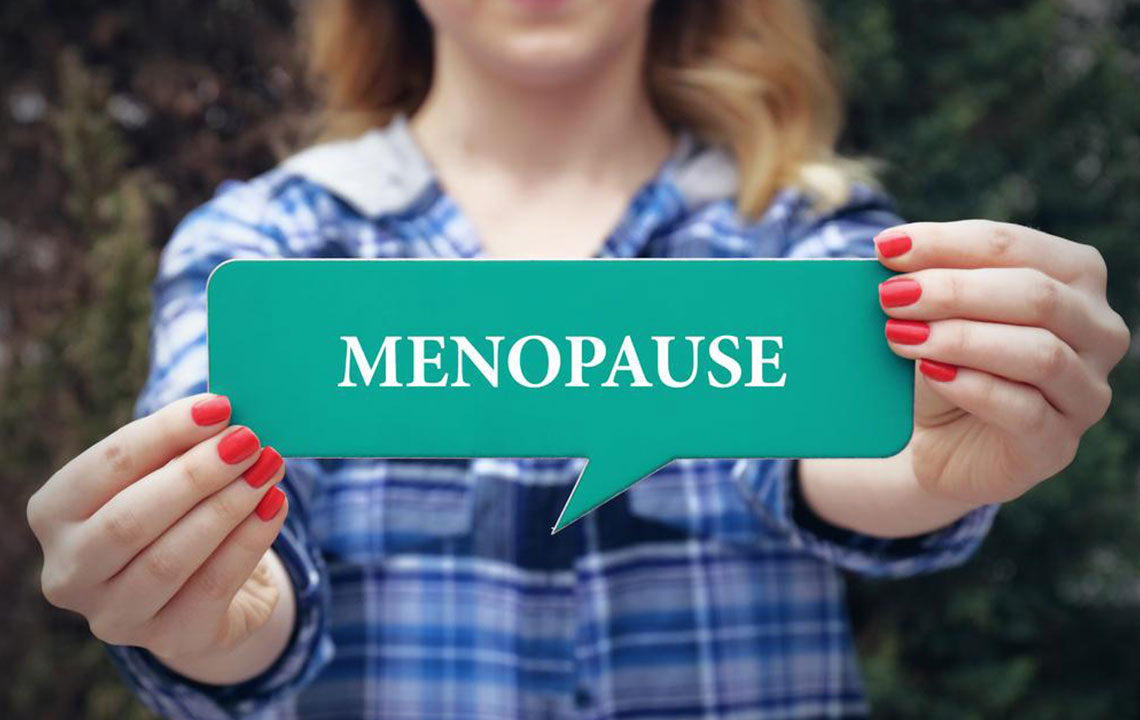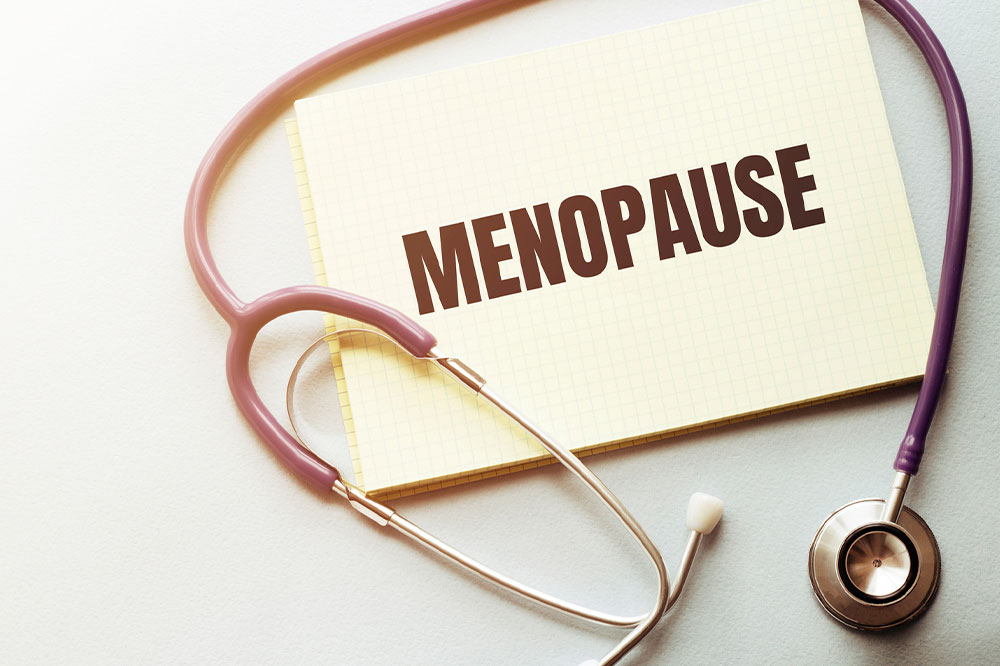Comprehensive Guide to Managing Menopausal Symptoms Effectively
This comprehensive guide provides women with effective strategies to manage menopausal symptoms such as hot flashes, sleep issues, vaginal dryness, and weight gain. Incorporating lifestyle changes, medical options, and practical tips, it aims to help women navigate menopause with confidence and comfort, improving overall quality of life during this natural transition.

Effective Strategies to Alleviate Common Menopause Symptoms
Menopause marks a significant phase in a woman’s life, symbolizing the end of reproductive years and heralding a period of profound physical and emotional changes. Often compared to puberty, this transition involves hormonal fluctuations, particularly decreases in estrogen and progesterone, which can lead to a variety of symptoms that affect daily life and well-being. While menopause generally occurs between the ages of 45 and 55, some women may experience premature menopause due to medical interventions, health conditions, or genetic factors. Understanding these symptoms and implementing effective management strategies can greatly improve quality of life during this transitional period.
While menopause is a natural biological process, its symptoms can range from mild to severe, impacting sleep, emotional health, physical comfort, and intimate relationships. Recognizing the individuality of each woman's experience is key to tailoring effective management approaches. Lifestyle modifications, dietary changes, and medical treatments—including hormone replacement therapy—are some of the ways women can navigate this phase with confidence, comfort, and minimal discomfort. This comprehensive guide explores practical, evidence-based strategies for managing common menopausal symptoms such as hot flashes, sleep disturbances, vaginal dryness, and weight changes, providing women with tools to embrace this new chapter positively.
Understanding Menopause and Its Common Symptoms
Menopause occurs when a woman’s ovaries cease to produce eggs and there is a significant decline in estrogen and progesterone hormones. This hormonal shift triggers a range of physical and emotional symptoms, which can vary widely among women. The most prevalent symptoms include hot flashes—a sudden feeling of heat that spreads across the body—night sweats, sleep disturbances, vaginal dryness, and mood swings. Additionally, many women experience weight gain, joint pain, decreased libido, and urinary issues.
It's crucial to understand that menopause is a completely natural phase of life, but the symptoms can sometimes be distressing. While some women sail through this transition with minimal discomfort, others may find these changes profoundly disruptive. Therefore, adopting proactive strategies to manage symptoms is vital for maintaining overall health, emotional balance, and quality of life during and after menopause.
Practical Approaches to Manage Hot Flashes and Night Sweats
Hot flashes are among the most common menopausal symptoms, characterized by sudden waves of heat, sweating, and sometimes chills. These episodes can occur multiple times a day and disrupt daily activities or sleep. Several factors can trigger hot flashes, including hot weather, spicy foods, caffeine, alcohol, stress, and tight-fitting clothing. Effective management involves lifestyle adjustments such as dressing in lightweight, breathable fabrics—preferably cotton or linen—and avoiding known triggers.
Staying well-hydrated is essential, as dehydration can intensify hot flashes. Wearing layers allows quick removal of clothing during episodes. Creating a cool environment at home and ensuring good ventilation can significantly reduce their frequency and severity, especially during sleep. Medical intervention may be necessary for persistent or severe hot flashes; hormone replacement therapy (HRT) and certain non-hormonal medications prescribed by healthcare professionals have proven effective.
For night sweats, maintaining an optimal sleeping environment is key. Using fans, cooling mattresses, and breathable bed linens such as cotton can help. Establishing a calming bedtime routine—like taking warm baths, practicing deep breathing or meditation—can ease transition into sleep. If hot flashes or night sweats interfere significantly with daily life, consulting a healthcare provider for tailored therapy options is advisable.
Improving Sleep Quality During Menopause
Sleep disturbances are widespread during menopause, often caused by hot flashes, night sweats, mood fluctuations, and hormonal imbalances. Insomnia can lead to fatigue, irritability, and decreased productivity. To improve sleep quality, women should develop a relaxing evening routine—consider practices like gentle yoga, reading, or mindfulness meditation. Avoid caffeine and heavy meals close to bedtime, and ensure the bedroom remains cool, dark, and quiet.
Establishing consistent sleep schedules by going to bed and waking up at the same time daily helps regulate the body's internal clock. Using techniques such as deep breathing or progressive muscle relaxation can ease anxiety and promote restful sleep. If sleep problems persist despite these measures, healthcare providers may recommend therapies such as cognitive behavioral therapy for insomnia (CBT-I) or prescribe medications to assist in establishing healthier sleep patterns.
Addressing Vaginal Dryness and Discomfort
Vaginal dryness, irritation, and discomfort are common during menopause due to declining estrogen levels, which lead to thinning and decreased elasticity of vaginal tissues. This can cause discomfort during intercourse, urinary issues, and increased susceptibility to infections. Fortunately, several effective treatment options are available.
Vaginal estrogen creams, tablets like INTRAROSA®, and lubricants remain primary treatments for restoring tissue health and reducing symptoms. Incorporating foods rich in vitamin E and omega-3 fatty acids, alongside pelvic floor exercises, can strengthen muscles and improve overall vaginal health. Regular sexual activity and pelvic exercises help maintain tissue elasticity and blood flow. It’s essential to consult a healthcare provider before initiating any treatment to determine the most appropriate and safe options tailored to individual needs.
Managing Weight Gain and Metabolism Changes
Weight gain during menopause is a common concern, often driven by a decrease in metabolic rate, hormonal shifts, and lifestyle factors. Women may notice increased difficulty maintaining their previous weight despite efforts to diet and exercise. Combating this requires a multi-faceted approach that combines dietary modifications with regular physical activity.
Adopting a balanced diet rich in vegetables, fruits, lean proteins, and whole grains while limiting processed foods and sugars is fundamental. Incorporating strength training, aerobic exercises, and flexibility routines such as yoga can help preserve muscle mass, boost metabolism, and promote overall health. Managing stress through mindfulness, meditation, or relaxation techniques also supports weight management. Regular physical activity not only curtails weight gain but also improves mood, energy levels, and bone health during postmenopause.
Overall, a comprehensive approach emphasizing diet, exercise, mental well-being, and medical guidance enables women to handle weight changes more effectively, fostering long-term health and vitality during and after menopause.
While menopause presents its set of challenges, adopting an informed and proactive approach can significantly ease symptoms and enhance quality of life. Staying connected with healthcare professionals, maintaining a healthy lifestyle, and embracing this natural life stage with confidence lead to healthier, more fulfilling years ahead.





